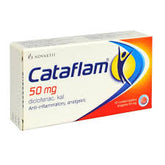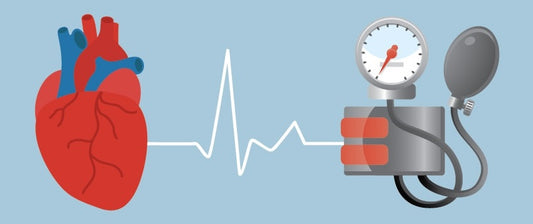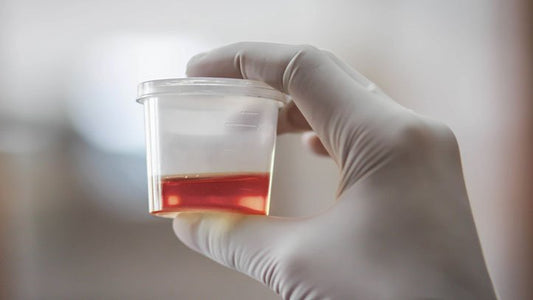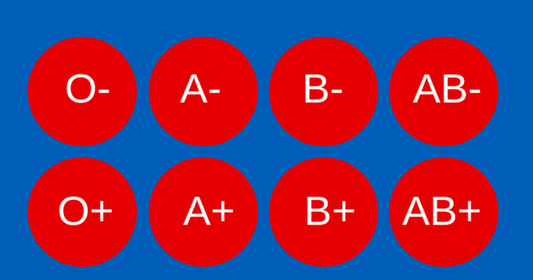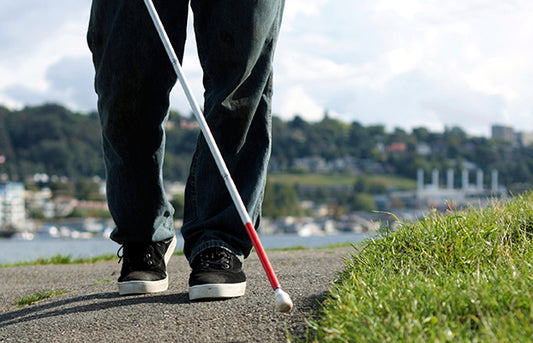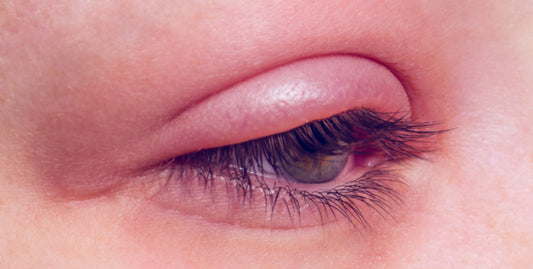featured Blood pressure (high)
On by ZimSeller Pharmacy 0 comments
Blood in urine (hematuria)
On by ZimSeller Pharmacy 0 comments
Blood in semen (haematospermia)
On by ZimSeller Pharmacy 0 comments
Blood groups
On by ZimSeller Pharmacy 0 comments
Blood clots
On by ZimSeller Pharmacy 0 comments
Blindness and vision loss
On by ZimSeller Pharmacy 0 comments
Blepharitis
On by ZimSeller Pharmacy 0 comments










